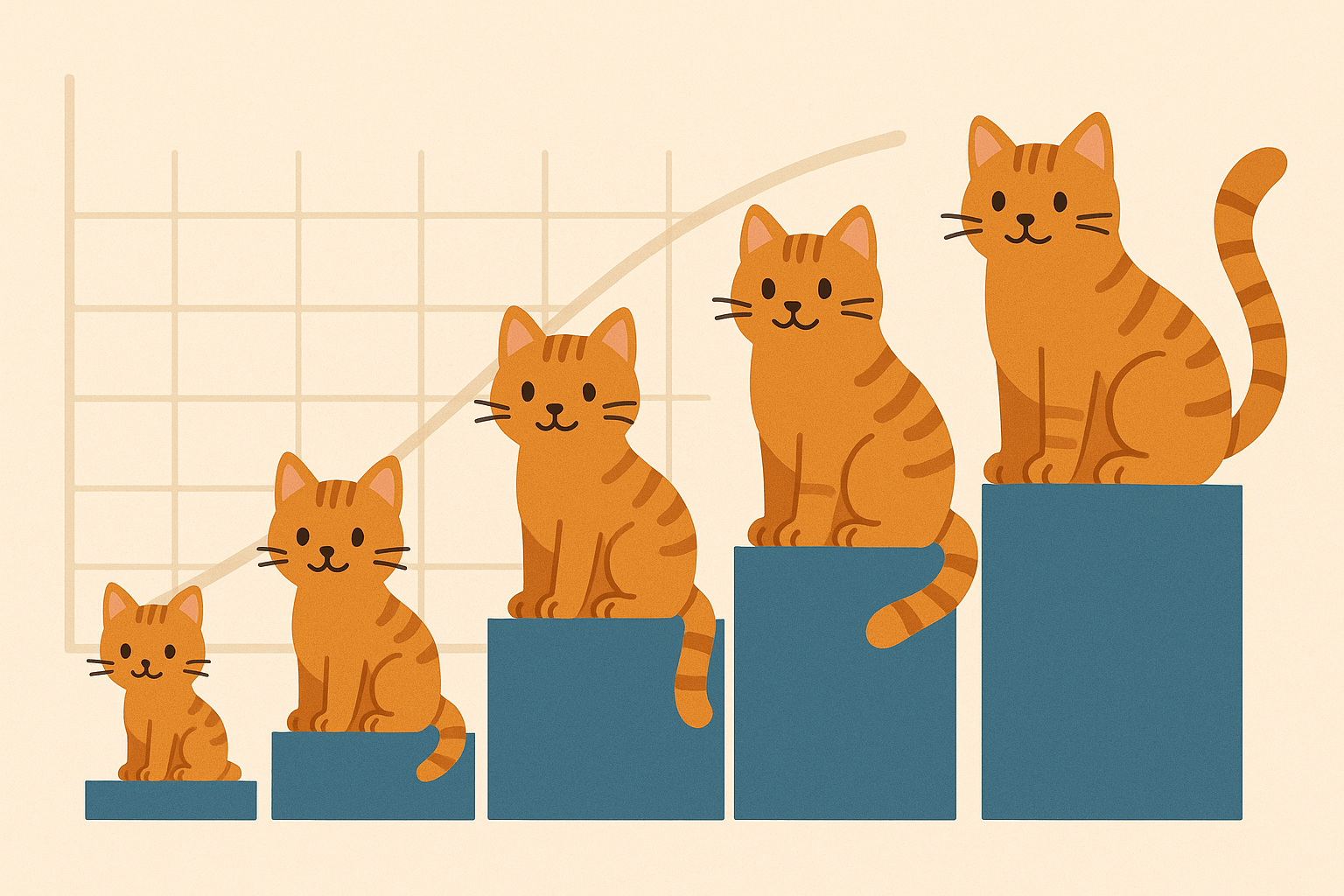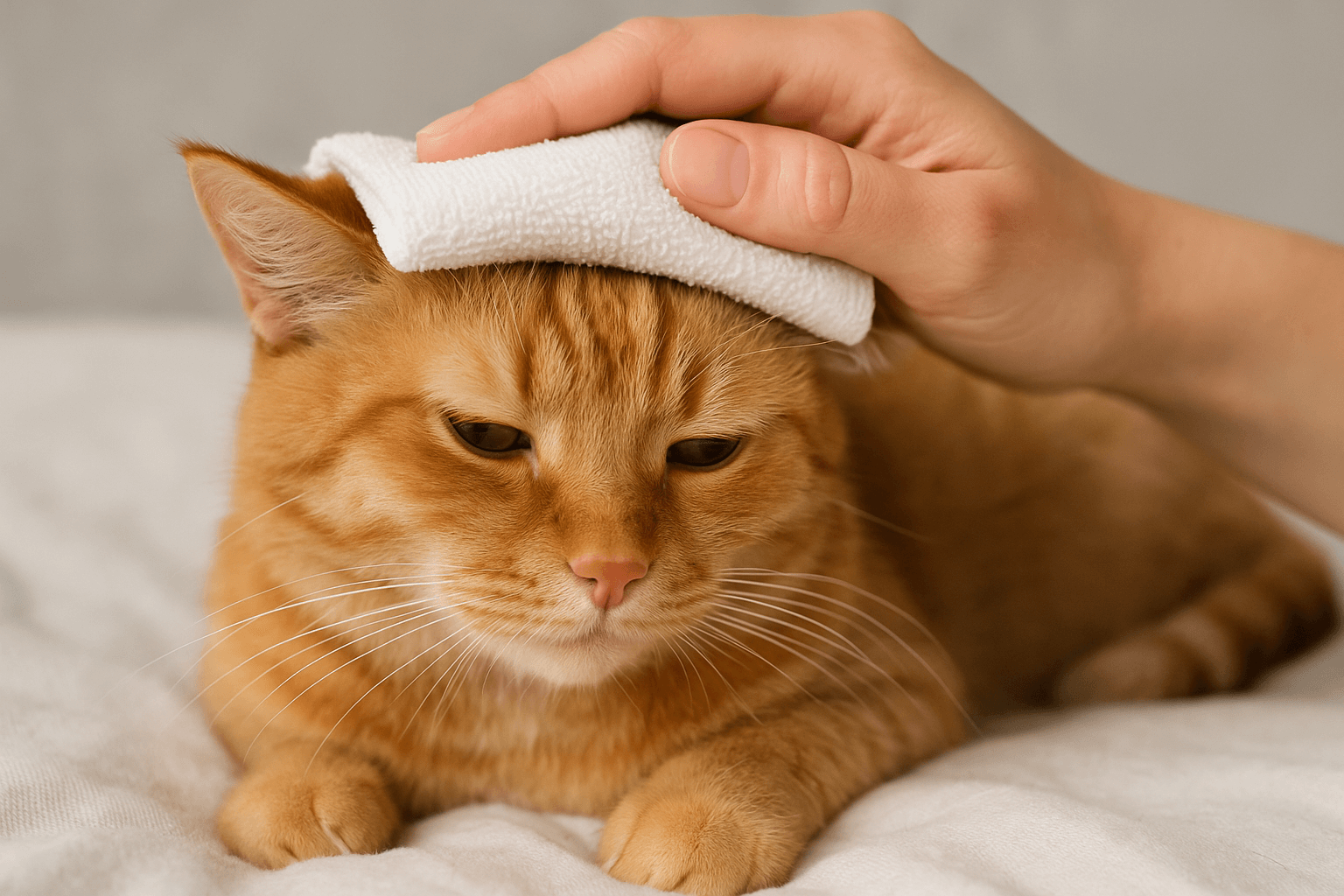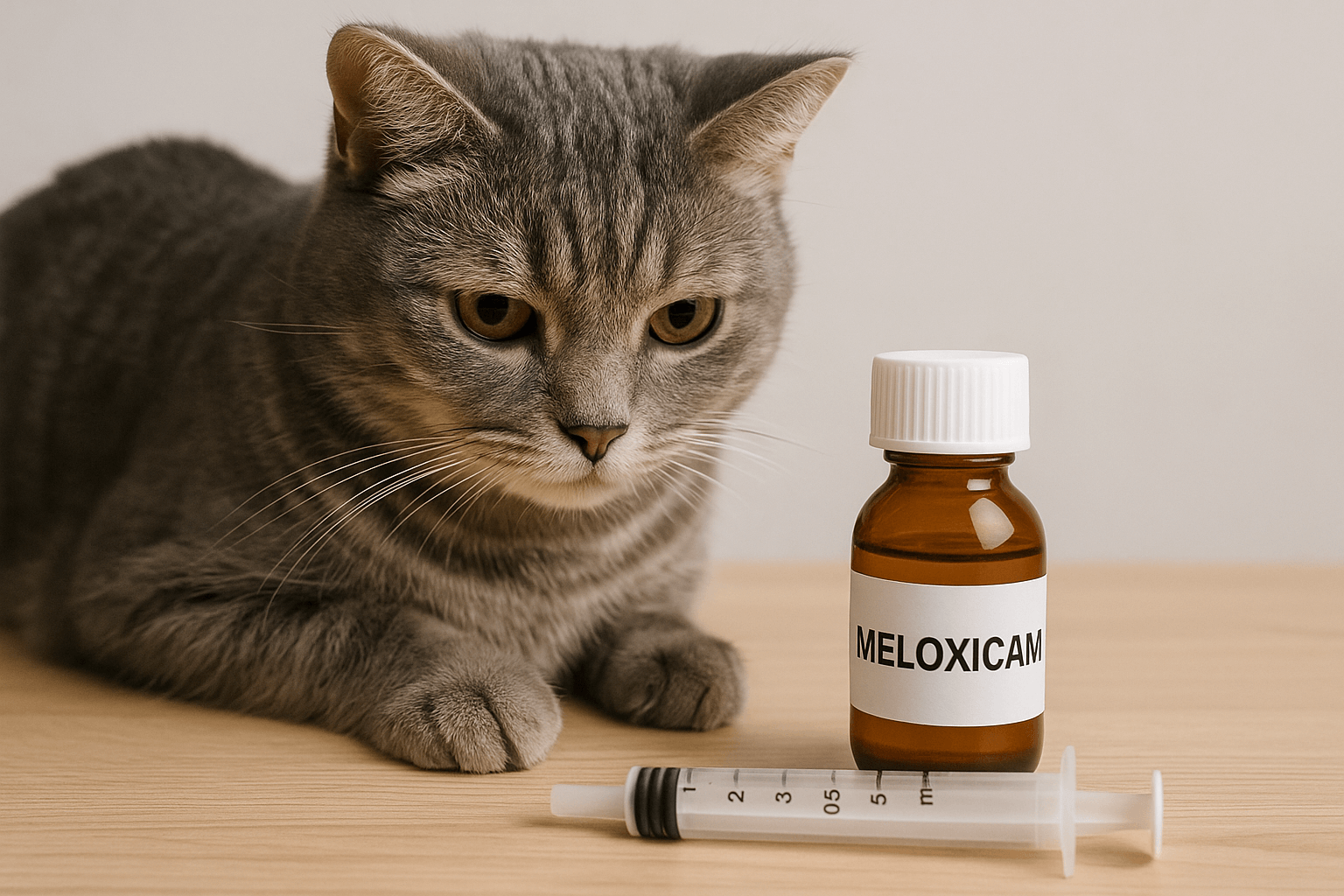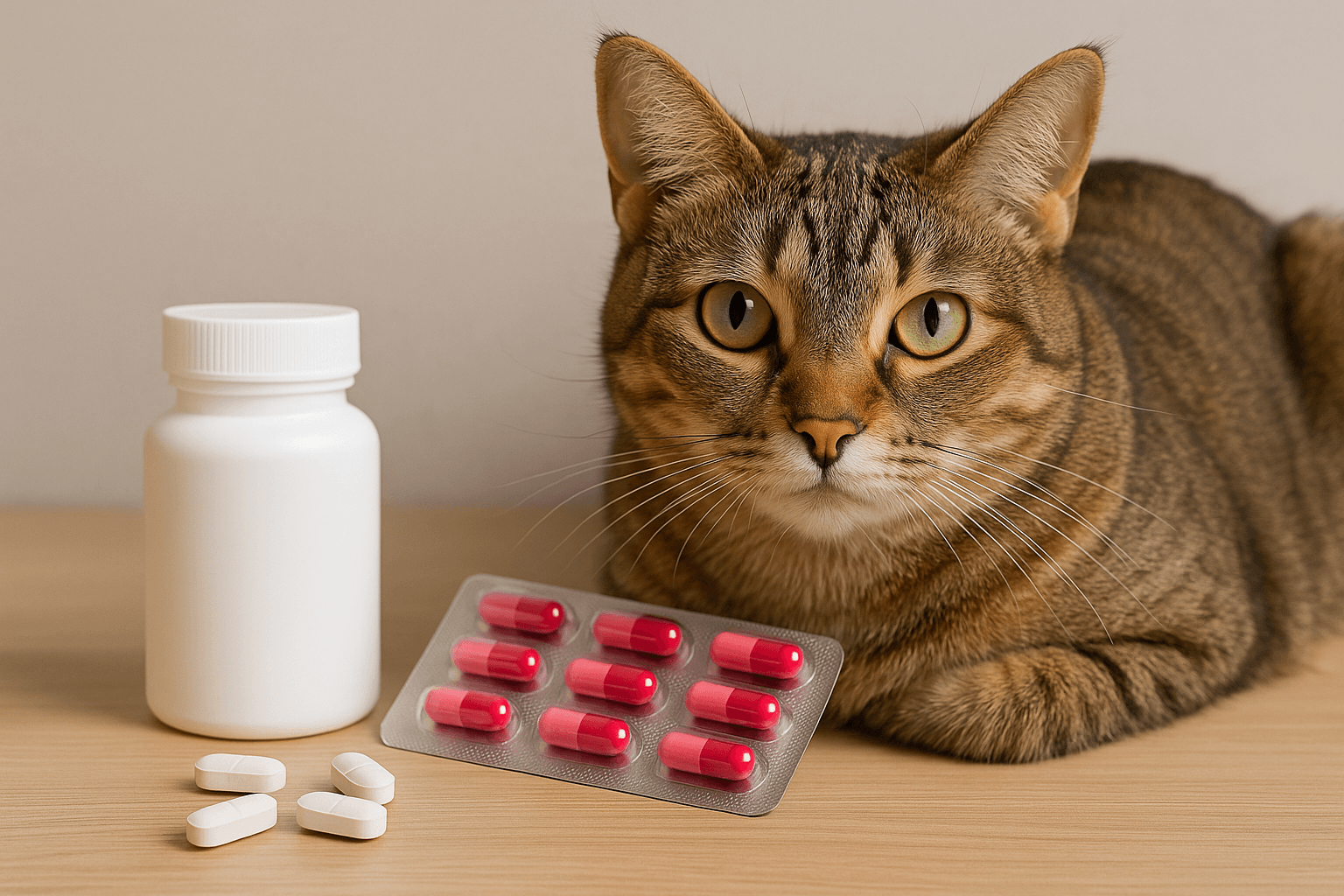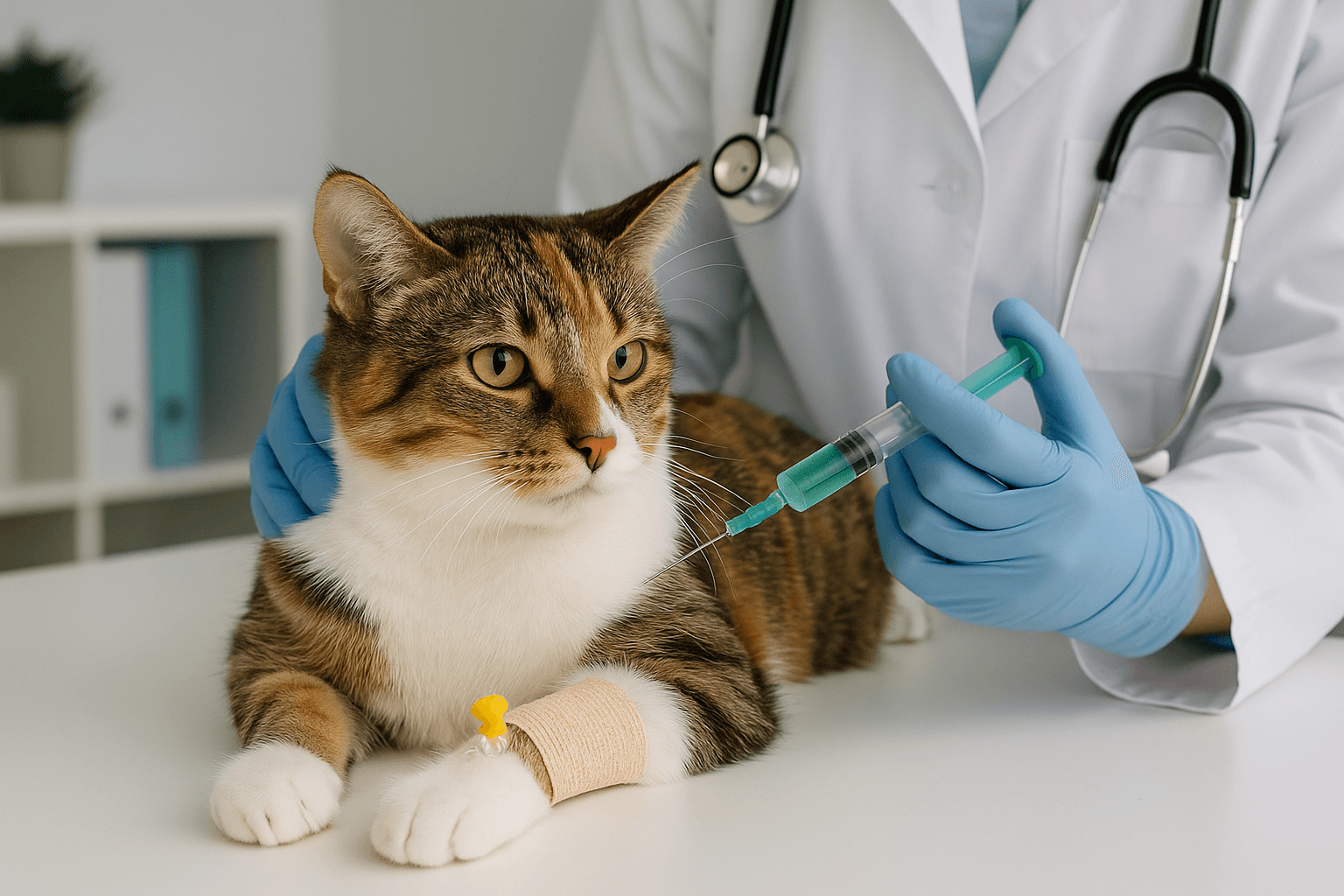Cat Weight by Age: A Guide to Healthy Growth and Development
Understanding your cat’s weight as it progresses through different life stages is essential for ensuring their overall health and well-being. While every cat is unique, there are general guidelines that can help you monitor whether your feline friend is growing at a healthy pace or if they might need dietary adjustments. From playful kittens to wise senior cats, tracking weight changes allows you to address potential issues early and maintain a happy, active companion. In this guide, we’ll explore how cat weight varies by age, what factors influence growth, and how to ensure your cat stays within a healthy range throughout their life.
Average Cat Weight by Age: A Breakdown
Cats experience significant changes in weight as they grow from tiny kittens into full-grown adults and eventually mature into seniors. Here’s a breakdown of typical weight ranges based on age groups.
Kittens (0-6 months):
Kittens grow rapidly during their first six months, gaining about 1 pound per month until reaching 5-7 pounds.Young Adults (6-12 months):
By one year old, most cats reach their adult weight, typically ranging from 8-12 pounds depending on breed and gender.Adult Cats (1-7 years):
During these peak years, cats maintain a stable weight unless influenced by lifestyle factors like diet or activity levels.Mature Adults (7-10 years):
Some cats may gain slight weight due to decreased activity, requiring careful monitoring to prevent obesity.Senior Cats (10+ years):
Older cats often lose muscle mass and may weigh less than in their prime, but sudden drops should be investigated by a vet.
Understanding these milestones helps you gauge whether your cat’s weight aligns with their developmental stage and spot any red flags early.
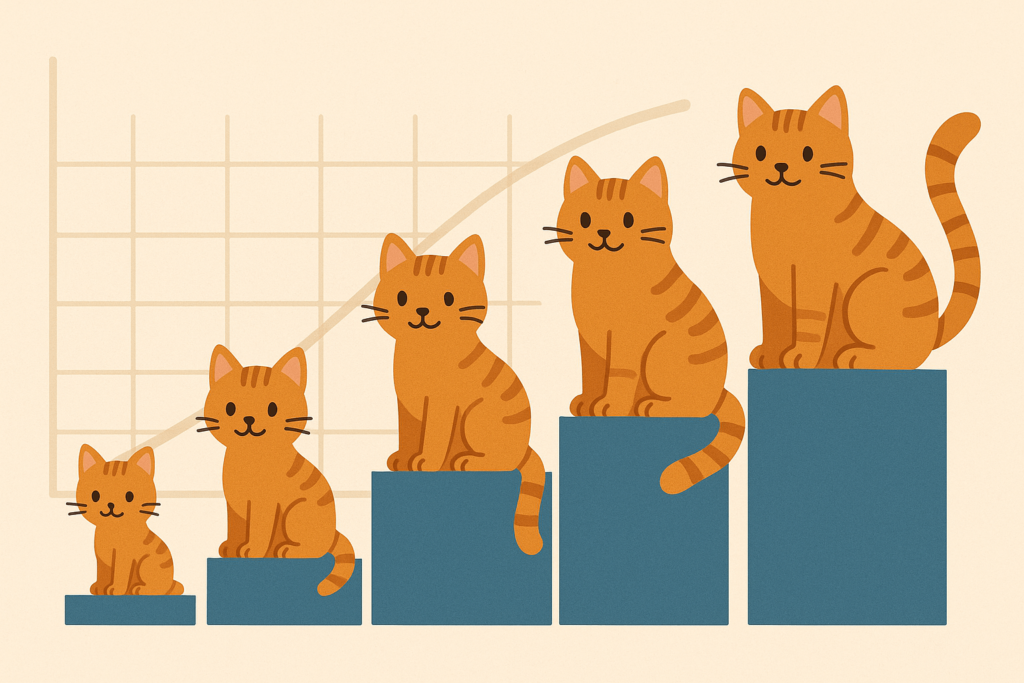
Factors That Influence Cat Weight Across Life Stages
Several factors contribute to variations in cat weight beyond just age. Being aware of these influences ensures you provide the best care tailored to your pet’s needs.
Breed Differences:
Larger breeds like Maine Coons naturally weigh more than smaller breeds like Siamese cats, even at the same age.Gender Variations:
Male cats tend to weigh slightly more than females once fully grown, especially if not neutered.Activity Levels:
Active cats burn more calories and may weigh less, while sedentary cats risk becoming overweight without proper management.Diet and Nutrition:
High-quality food formulated for each life stage supports healthy growth, while poor diets can lead to underweight or obese cats.Health Conditions:
Illnesses such as hyperthyroidism or diabetes can cause unexpected weight loss or gain, necessitating veterinary attention.
These factors highlight the importance of tailoring care to your cat’s individual characteristics rather than relying solely on averages.
Check this guide 👉Tuxedo Cat Weight: Best 7 Expert Tips!
Check this guide 👉Cat Overweight but Not Overeating? Best 7 Expert Tips!
Check this guide 👉Do Cats Gain Weight After Being Spayed? Best 7 Expert Tips!
Life Stage | Typical Weight Range |
|---|---|
Kitten (0-6 months) | 1-7 pounds |
Young Adult (6-12 months) | 8-12 pounds |
Adult (1-7 years) | 8-15 pounds (depending on breed) |
Mature Adult (7-10 years) | May increase slightly |
Senior (10+ years) | Slight decrease in muscle mass |
How to Monitor Your Cat’s Weight Effectively
Regularly checking your cat’s weight is crucial for catching problems before they escalate. These tips will help you keep track of their progress accurately.
Use a Pet Scale:
Invest in a pet scale designed for small animals to measure your cat’s exact weight at home.Weigh Yourself First:
Step onto a bathroom scale holding your cat, then subtract your own weight to estimate theirs—a simple yet effective method.Feel Their Ribs:
Gently palpate your cat’s sides; you should feel their ribs with minimal fat covering them if they’re at a healthy weight.Track Monthly Changes:
Record your cat’s weight monthly to identify trends, such as gradual weight gain or loss over time.Consult Your Vet Regularly:
Schedule routine check-ups to discuss your cat’s weight and receive personalized advice based on their age and condition.
Consistent monitoring empowers you to make informed decisions about your cat’s diet and exercise routines.
Signs Your Cat’s Weight Needs Attention
Certain behaviors or physical signs indicate that your cat’s weight may be outside the healthy range. Recognizing these signals allows you to intervene promptly.
Visible Rib Bones or Spine:
If you can easily see your cat’s bones beneath their fur, they may be underweight and require nutritional support.Difficulty Jumping or Climbing:
Overweight cats often struggle with agility tasks, signaling excess body fat hindering mobility.Noticeable Sagging Belly:
A pronounced belly in an otherwise thin cat could suggest underlying health issues affecting weight distribution.Increased Lethargy:
Unexplained tiredness or reluctance to play may indicate your cat isn’t maintaining a healthy energy balance.Sudden Weight Fluctuations:
Rapid weight gain or loss—regardless of age—warrants immediate consultation with a veterinarian.
Addressing these signs early prevents long-term complications and promotes a healthier, happier feline.
Common Causes of Unhealthy Weight Changes
Unexplained fluctuations in your cat’s weight can stem from various causes. Identifying these triggers enables you to take corrective action swiftly.
Overfeeding or Underfeeding:
Portion sizes that don’t match your cat’s caloric needs can lead to unhealthy weight gain or loss.Lack of Exercise:
Indoor cats with limited opportunities for physical activity are prone to weight gain.Dental Problems:
Painful teeth or gums can discourage eating, resulting in unintentional weight loss.Parasites or Infections:
Internal parasites like worms can interfere with nutrient absorption, causing weight loss despite adequate food intake.Hormonal Imbalances:
Conditions like hypothyroidism or Cushing’s disease disrupt metabolic processes, affecting weight regulation.
Addressing these root causes restores balance and improves your cat’s quality of life.
Tips for Maintaining a Healthy Weight
Keeping your cat’s weight in check requires a combination of smart feeding habits, regular exercise, and attentive care. Follow these tips for success.
Feed Age-Appropriate Food:
Choose high-quality cat food specifically formulated for kittens, adults, or seniors to meet their changing nutritional needs.Measure Meals Carefully:
Use a measuring cup to serve precise portions and avoid overfeeding, which contributes to obesity.Encourage Playtime:
Engage your cat with interactive toys and activities to stimulate movement and burn calories.Limit Treats:
Reserve treats for training or special occasions, ensuring they don’t exceed 10% of your cat’s daily calorie intake.Adjust Portions Seasonally:
Reduce food quantities during colder months when indoor cats may be less active.
Implementing these strategies fosters a balanced approach to managing your cat’s weight effectively.
Breeds Prone to Weight Issues
Some cat breeds are genetically predisposed to weight challenges, making them more susceptible to obesity or underweight conditions. Understanding breed-specific tendencies helps tailor care plans accordingly.
Maine Coon:
Known for their large size, Maine Coons benefit from controlled portions to prevent excessive weight gain.Persian:
Persians have a tendency toward laziness, so encouraging exercise is key to avoiding obesity.Siamese:
Naturally slim and energetic, Siamese cats rarely face weight problems unless their diet lacks sufficient nutrients.British Shorthair:
This sturdy breed is prone to packing on pounds, requiring vigilant portion control.Ragdoll:
Ragdolls love lounging, so structured play sessions help maintain a healthy weight.
By acknowledging breed-related risks, you can adapt your care routine to suit your cat’s unique requirements.
Frequently Asked Questions About Cat Weight by Age
What’s the ideal weight for an adult cat?
Most adult cats weigh between 8-12 pounds, though this varies by breed and gender.
Is my kitten too small for its age?
Kittens grow at different rates, but consult a vet if your kitten seems significantly underweight or lethargic.
How do I know if my senior cat is losing weight normally?
Gradual muscle loss is common, but sudden or extreme weight changes require medical evaluation.
Can spaying or neutering affect my cat’s weight?
Yes, altered cats may experience slower metabolism, making portion control important to prevent obesity.
When should I worry about my cat’s weight?
Any unexplained weight change exceeding 10% of their body weight in a short period should prompt a vet visit.
Ensuring a Lifetime of Healthy Weight Management
Tracking your cat’s weight by age is a vital part of responsible pet ownership. By staying informed about typical growth patterns, recognizing influencing factors, and addressing potential issues proactively, you can help your cat live a long, vibrant life. Remember, no two cats are alike—what matters most is providing personalized care that meets their unique needs. With regular monitoring and professional guidance, you’ll foster a strong bond with your feline companion while keeping them healthy and content for years to come.
Cat Fever Treatment: Best 7 Expert Tips! Discover expert advice on identifying, managing, and treating fever in cats to ensure their quick recovery and well-being.
Understanding Meloxicam for Cats: Best 7 Expert Tips! Learn how to safely administer meloxicam, manage side effects, and ensure your cat's comfort with expert advice on feline pain relief.
Amoxicillin for Cat UTI: Best 7 Expert Tips! Discover safe usage, dosage guidelines, and expert advice on treating feline urinary tract infections effectively with amoxicillin.
Understanding Cat Cancer Treatment: Best 7 Expert Tips! Discover expert advice on managing feline cancer, from early detection to treatment options, ensuring your cat’s health and comfort.

